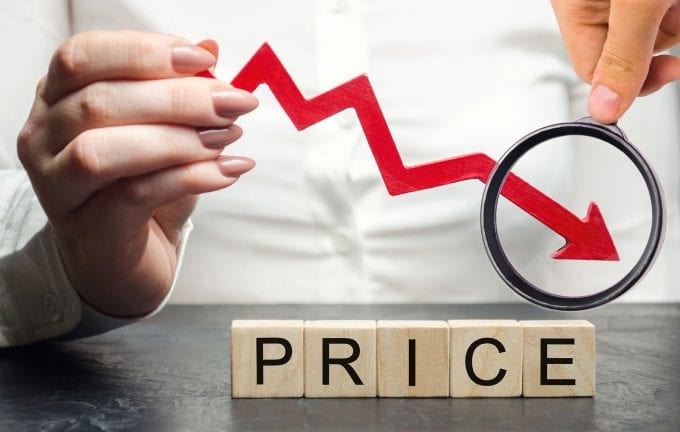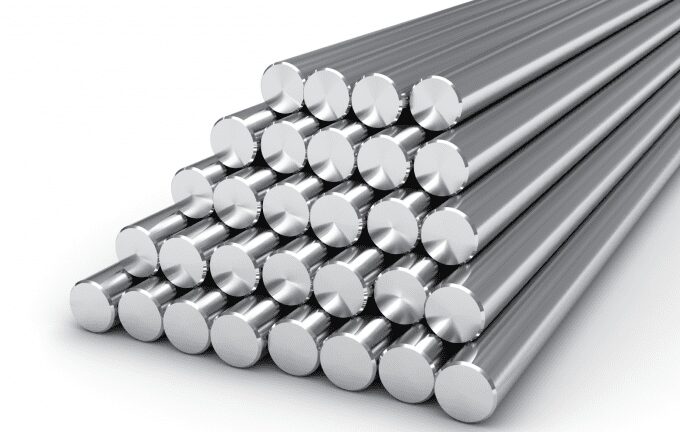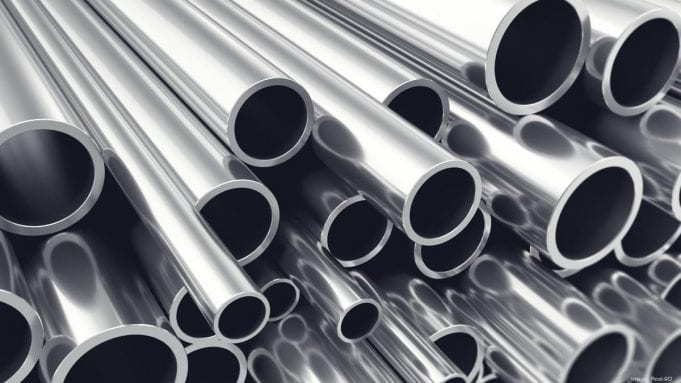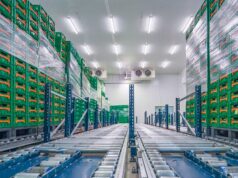COVID-19 is impacting almost all facets of our lives. Businesses, social events, and even learning have all been disrupted all over the world. The international steel industry has not been spared either. Scrapyards are closed, foundries are no longer working, and the price of steel is falling around the world. In this article, we will look at the different ways that the virus is affecting the international steel market.
Foundries Have Been Closed
A lot of foundries started announcing they would be halting their operations in early February 2019. The worry for these companies is that they do not know when they will resume business, which is a big problem for them.
Prices Are Hitting Rock Bottom

As the value of Indian and Russian currencies has fallen, importers can offload their cargos at a lower price than they did in the past. This has seen the price of hot-coiled steel in the Asian market fall. The biggest risk to people who work in thisl industry is that there is no end in sight in the number of infections and deaths caused by the virus. Because of this, there is no way of knowing when currencies will recover and therefore no way of knowing when the prices of steel will rebound.
India is one of the worst hit countries, considering their steel prices were on a rally before the coronavirus hit. Domestic prices have fallen by about 7% compared to imported steel. With Chinese mills coming back into operation, the Indian steel industry might continue to feel the pain of the virus, especially if China can ramp up producing fast in the coming weeks or months.
In its latest report, Care Ratings, a company that watches the prices of different commodities around the world, said that Indian steel prices might continue to fall as the number of Coronavirus cases continues to rise. The good news is that with the total lockdown in India, their steel industry might be back to work earlier than thought.
Reduced Construction

All around the world, construction companies are halting their projects either under government directives or under their own volition to respect and follow social distancing rules. Steel is used in huge quantities in this industry, and a slowdown of construction around the world has led to lower than normal demand for construction purposes.
Steel manufacturers and retailers who may already have steel in stock, therefore, have fewer people and companies to sell to which further impacts the price of it.
Lower Supply Levels
According to The Federal Group USA, international shipping of steel has fallen, and this has impacted the supply of steel, especially in industries and for people who need it. This is a big problem because even when things return to normal, it might still take some time to get these shipments delivered.
Trade Fairs Have Been Postponed

All major steel fairs have been suspended. Companies use these trade fairs to connect with other companies as well as to learn what is new in this industry. As all major trade fairs have been postponed, this has also impacted AsiaMold. This is an international fair for molding and tooling.
CastForge 2025, another steel trade fair, has also been postponed. CastForge focuses on forged parts and cast iron for use in different types of machining operations. The organizers of the event say that they have to think about and prioritize the health of everyone who might have been involved in the trade fair. They say that it is likely that the event will be held in 2025.
The Automotive Industry Is Slowing Down
The automotive industry is one of the biggest consumers of steel and its products. The automotive industry is slowing down as the demand for cars slows down. As this demand plummets, so does the demand for cast components. This slowdown is affecting small and medium-sized foundries which usually produce a lot of steel for this industry.
Impact on Contract Manufacturers

Contract manufacturers in the United States like The Federal Group USA already understand the impact that the Coronavirus is going to have on their industry. They are looking at massive layoffs as the demand and supply of steel continues to plummet. This is because they cannot continue making the amount of money they used to if this situation remains unchanged, and the bad news is that no one knows when that is. So, these manufacturers have to take steps to cut their losses, and sadly, it is the workers who have to go for them to see the kinds of savings they are looking to make.
These manufacturers might have to pivot to manufacturing other items as they wait to resume their normal activities. Some German steel and aluminum companies are already using the metal they have to manufacture sanitizer stands. These stands can be used anywhere sanitizers are, including hospitals, schools and places where large numbers of people frequent.
There Is Hope After All

Scrap sellers expect to see a rise in prices, at least in the short term. This is because it is getting harder for companies to collect and obtain scrap. This means the companies have to source it at a higher price which is a huge win for those who sell scrap to them. This is especially true in Japan where automotive plants have shut down.
China is also slowly reopening the country. The numbers of coronavirus infections have been falling, which has led the government to open up certain sectors. This means that manufacturers, sellers, and suppliers might have a market to trade in within a few months.
It is not all rosy for the rest of the world, however, where companies and whole industries are still being shut down. The only thing business people can hope for is that the price of steel does not continue to fall, because if it does, there is no way of knowing if or when it will recover.
Even though almost all businesses have been impacted by the coronavirus, the steel industry has been hit particularly hard. With falling prices, demand and supply, it is no wonder the industry is in the state it is in. The good thing is that even if we do not know when the coronavirus pandemic will end or when the market will rebound, we know that both of these things will happen in the future so we can keep hope alive.








